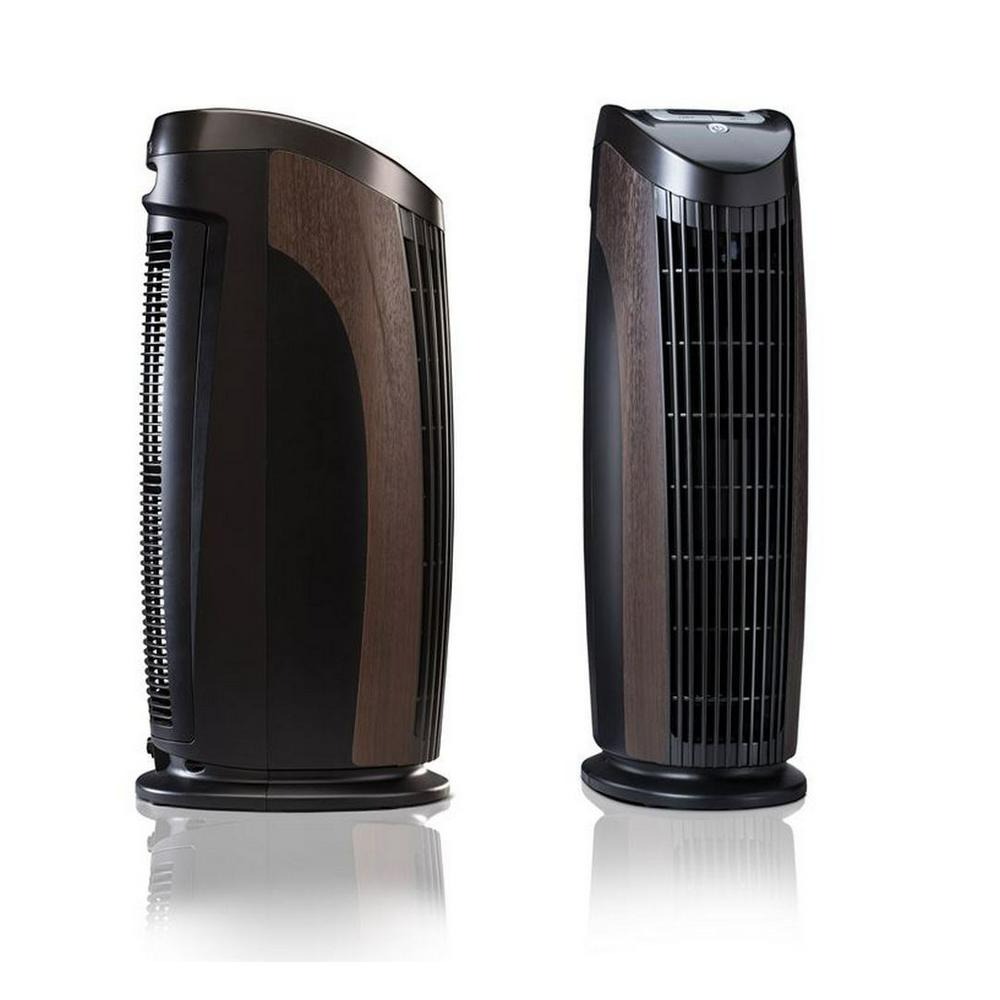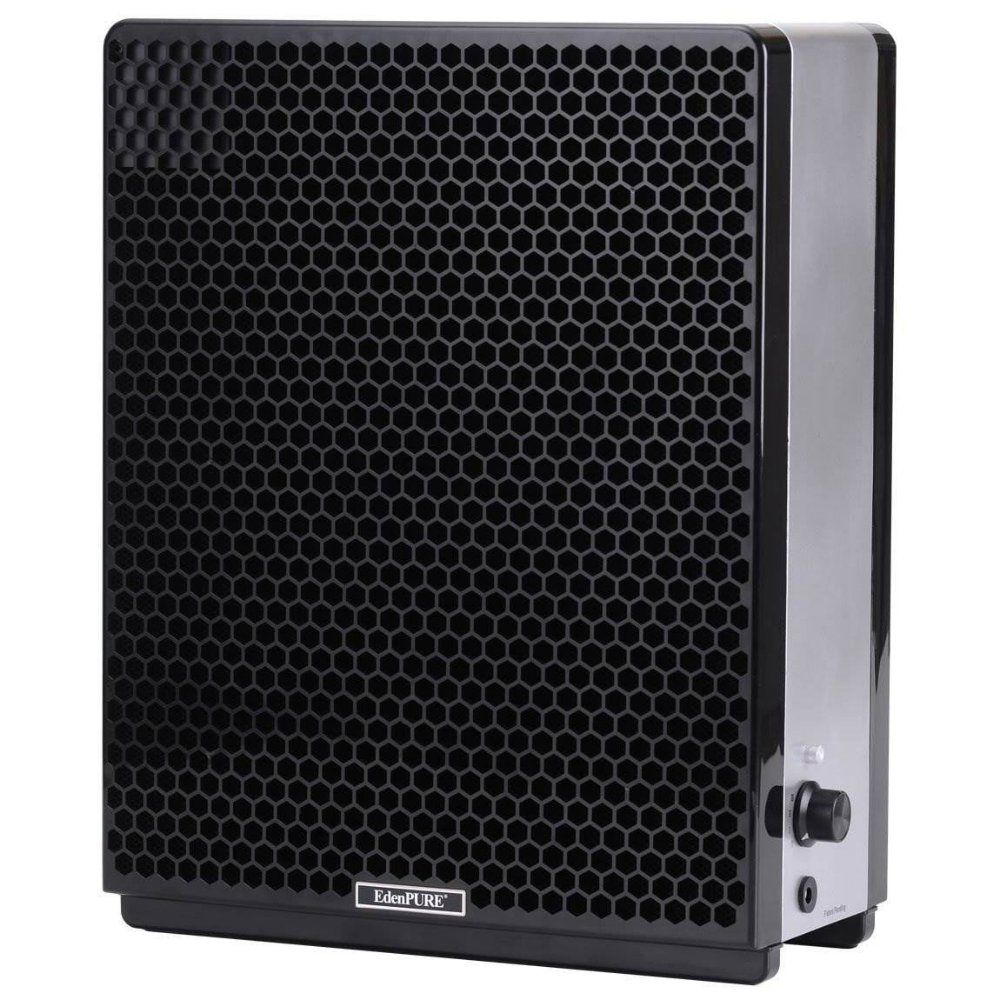Key Factors Influencing Air Purifier Runtime
When deciding how often to run air purifier, several key factors come into play. Understanding these elements can help you optimize its effectiveness and improve indoor air quality.
Room Size and Air Volume
The size of the room where the air purifier is operating significantly influences its runtime. Larger spaces may require the purifier to run longer to ensure that all the air is effectively cleaned. Always check the manufacturer’s specifications regarding the Clean Air Delivery Rate (CADR) to determine how many times an air purifier can filter the entire volume of air in a room per hour.
Level of Air Pollution
The amount of pollutants in your environment—such as dust, pet dander, smoke, and other allergens—will affect how often you should run the device. In areas with high levels of pollution or allergens, such as during pollen season, you may need to operate the air purifier continuously to maintain a healthy indoor air quality.
Type of Filters Used
Air purifiers may use different types of filters (e.g., HEPA, activated carbon, pre-filters), each designed to remove specific contaminants. The effectiveness and lifespan of these filters can impact how frequently the purifier needs to run. Some filters capture larger particles, while others are designed to target odors and gaseous pollutants.

User Lifestyle and Habits
Daily activities within your home can contribute to air quality. Cooking, cleaning, and personal habits (such as smoking inside the home) can introduce additional pollutants into the air. If your lifestyle tends to generate more dust or odors, you may want to run the air purifier more frequently.
Energy Efficiency Preferences
Running air purifiers continuously can increase energy consumption. If energy efficiency is a concern, many modern air purifiers come with smart settings and sensors, allowing them to run only when necessary. It’s advisable to familiarize yourself with these features, which can lead to savings on electricity bills while maintaining effective air filtration.
Time of Year and Weather Conditions
Seasonal changes can affect indoor air quality. For example, during the summer months, increased humidity can lead to mold growth, prompting you to run your air purifier more frequently. Conversely, during winter, when windows are generally closed, indoor pollutants can accumulate, necessitating longer runtime for optimal air purification.
Air Quality Monitoring
Some air purifiers come equipped with air quality sensors that automatically adjust the runtime based on current air quality levels. This feature can help ensure that you’re not running your air purifier longer than necessary when air quality is acceptable, while also maximizing use when pollutants are higher.
Health Conditions
Individuals with respiratory issues, allergies, or other health conditions may require more consistent and longer use of air purifiers. Those with greater sensitivity to allergens or pollutants might benefit from running the air purifier continuously to help minimize exposure to triggers.
General Guidelines for Air Purifier Runtime
To ensure your air purifier works well, consider how long to run it. Here are some basic tips for its runtime.
Recommendations for Continuous Operation
For clean air all day, run your purifier non-stop. This helps people with allergies or asthma. It removes dust and allergens round the clock.
Extended Daily Operation Strategies
Running your air purifier for 8-12 hours each day can keep the air fresh. This works if you can’t use it all the time.
Targeted Purification for Specific Scenarios
Use your purifier for 2-4 hours in high-need areas. This could be where you have pets or smoke. It helps with specific problems like odors or hair.
Benefits of Nighttime Air Purifier Use
Run your purifier at night for better sleep. It can help if you have allergies. It also means waking up to cleaner air.
Seasonal Adjustments to Purifier Schedule
Change how long you run your purifier with the seasons. In spring or fall, you may need it more due to pollen. Adjust based on what you need.

Effective Runtime Management
To keep your air fresh with an air purifier, manage its runtime effectively. Let’s look at continuous versus intermittent use, energy balance, and adjustability.
Understanding Continuous vs. Intermittent Operation
Choosing when and how long to run your air purifier is essential. Running it non-stop ensures consistent air quality but uses more energy. Turning it on only when necessary saves power but might not maintain optimal clean air conditions.
Balancing Energy Efficiency and Air Quality
A balance is crucial. Run your purifier at times when you need clean air the most, such as allergy seasons or in busy household areas. Use sleep or auto modes to save energy without compromising on air quality.
Tips for Monitoring and Adjusting Air Purifier Use
Keep an eye on air quality and adjust your purifier’s settings accordingly. Check filters regularly and replace them on schedule. Use built-in sensors, if available, for smarter operation. Consider seasonal changes and adjust runtime to ensure clean air year-round.
Maintenance and Monitoring for Optimal Performance
Proper care of your air purifier is essential for top performance. This section will guide you through key tasks to maintain efficiency.
Importance of Regular Filter Checks and Replacement
Checking and replacing the filters are vital for purifier function. Clogged filters reduce efficiency. Swap them out as directed, often every 6 to 12 months depending on use.
- HEPA Filters: Change once air flow lessens, generally in 6-12 month intervals.
- Carbon Filters: Replace every 3-6 months to keep odor absorption strong.
- Pre-filters: Clean or replace these monthly to trap large particles and extend main filter life.
Recognizing the Signs of Declining Air Quality
When air quality drops, it’s time to act. Look out for increased dust or allergens and smells that linger. A rise in allergy symptoms can also signal that your air purifier may need attention. These signs suggest the need to check your filters or adjust the purifier’s runtime.

Special Considerations for Air Purifier Use
For the best air quality, you might need to adjust how you use your air purifier. It depends on allergies, daily habits, and having pets.
Addressing Allergies and Respiratory Conditions
People with allergies or asthma can benefit from running an air purifier more. It helps remove allergens and pollutants that trigger symptoms. Keeping an air purifier on all the time can provide ongoing relief.
Integrating Air Purification in Habitual Routines
Adding air purifier usage to your daily routines makes it easier. Turn it on during high-pollution activities like cooking or cleaning. This ensures you always have clean air when you need it most.
Pets add joy but also dander and fur to the air. If you have pets, running your air purifier more often will help. It keeps pet-related allergens and odors at bay and maintains cleaner air.
Conclusion
Summarizing the Benefits of Appropriate Air Purifier Runtime
Running your air purifier correctly can offer numerous benefits. It can help reduce allergies and improve breathing for those with asthma. Proper use ensures a constant flow of cleansed air throughout your home. This can lead to better sleep, minimized odors, and a fresher living space. By choosing the right runtime, you can maintain great air quality without wasting energy.
Encouraging Proactive Air Quality Management
Staying on top of air purifier maintenance is key. This means checking and replacing filters as needed and adjusting settings to meet your specific air quality needs. Proactive management allows your device to work efficiently, offering you clean air when you need it most. Make air purifier care a normal part of your routine for a healthier home environment.